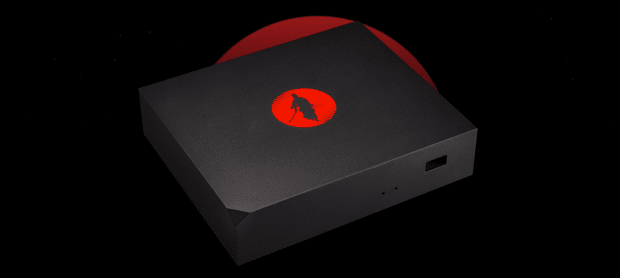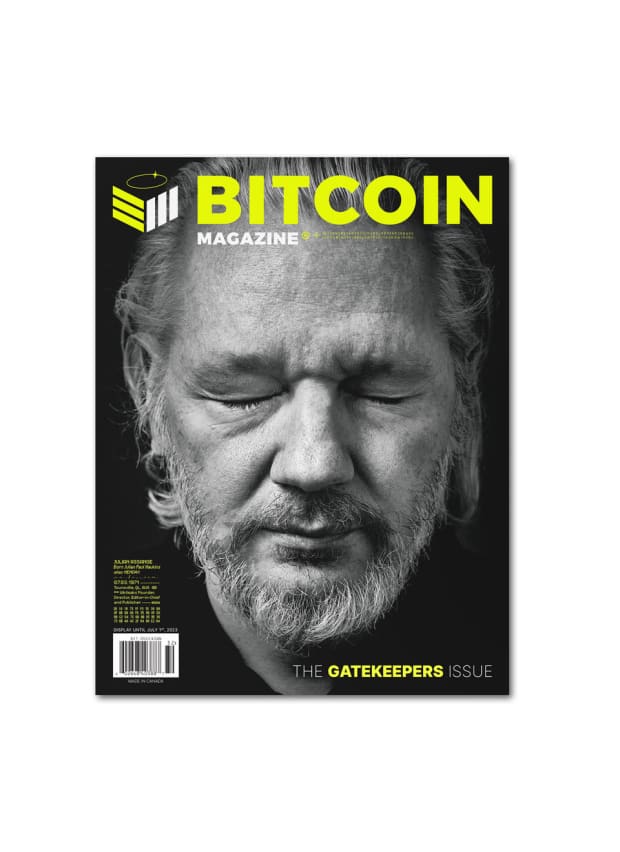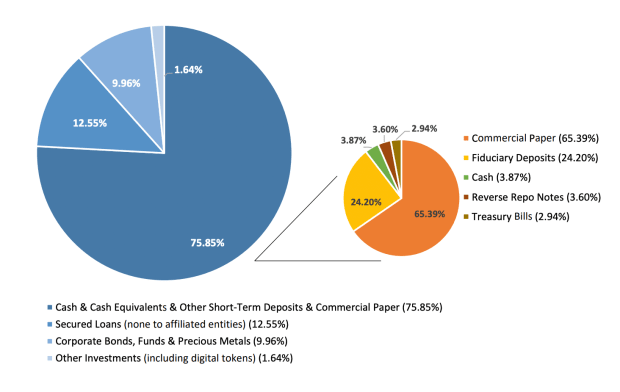Judge Rules Against Craig Wright, Criticizes Credibility in Court Decision
Notorious Bitcoin SV enthusiast Craig Wright has reportedly lost his legal battle against Ira Kleiman, the brother of Wright’s deceased business partner David Kleiman. As part of the reported ruling, Wright has been ordered to pay David Kleiman’s estate 50 percent of the bitcoin that he says he mined with Kleiman prior to the start of 2014.
Wright has never provided any proof that he owns these coins, however, bringing into doubt whether Ira Kleiman will receive the settlement at all.
The Case Against Craig Wright
This case has been developing since February 2018, when Ira Kleiman first filed a lawsuit against Wright over the misplacement of some 1 million bitcoin that allegedly belonged to David Kleiman. If these bitcoin exist at all, they would have been mined between 2009 and 2011 and would be worth more than $10 billion today.
Katie Ananina, who attended the hearing, told Bitcoin Magazine that Ira Kleiman has been awarded half of the bitcoin that Wright claimed he and Kleiman mined as part of a joint venture, as well as one blockchain-related patent that Wright created before the death of his business partner. He also must pay all of Ira Kleiman’s legal fees.
As part of the proceedings, Presiding Magistrate Judge Bruce Reinhart asked Wright to provide cryptographic proof of ownership of the 1 million bitcoin in dispute and the public addresses associated with the funds, which Wright has argued is impossible because 821,000 of them are “locked up” in something called the “Tulip Trust,” which won’t be accessible until January 21, 2020. The trust’s wallet, Wright claimed, has been encrypted with its private key sharded into 15 pieces, seven of which Wright says he controls. Once he has the eighth, he’ll be able to unlock the coins and theoretically provide proof of ownership.
Judge Reinhart doesn’t appear to buy Wright’s story, ruling that the trust doesn’t exist and expressing doubt about Wright’s credibility. One source who attended the trial told Bitcoin Magazine that the judge’s comments were “very harsh and critical,” even implicating Wright as a serial forger and perjurer. For its part, Kleiman’s defense noted that, throughout the case and elsewhere, Wright has made fraudulent and contradictory claims.
Judge Reinhart is in agreement.
“Dr. Wright does not strike me as someone telling the truth. All Craig’s testimonies have been rejected on the matter,” the judge ruled on August 26, 2019, according to Ananina.
Craig Wright’s Credibility
Wright’s credibility, particularly over his claim of being the real identity behind Bitcoin creator Satoshi Nakamoto, has been called into question frequently by the Bitcoin community.
And central to this lawsuit and its reported ruling is whether or not Wright actually ever held the 1 million BTC that Ira is staking half of a claim over on behalf of David and that 800,000 or more of it is locked up in a fund that Wright will soon be able to access.
Earlier in the suit’s proceedings, Wright tried to have this case dismissed, but Presiding Judge Beth Bloom rejected his attempt on the grounds that he lacked credibility. For Judge Reinhart’s decision to become final, Bloom will have to revisit the case and confirm it.
Wright and his legal team have released a response to this development, noting that this hearing was not a legally binding one. Instead, Reinhart, in his capacity as Magistrate Judge, has made a formal recommendation for District Judge Bloom on a course of action. Even if Judge Bloom agrees with Judge Reinhart’s recommendation, Wright’s lawyers claim, a trial is still possible before the matter is resolved.
This issue of Wright’s lack of credibility becomes particularly sticky when considering the absolutely titanic sums of money involved. Reinhart’s in-court opinion, as reported by Ananina, is that, if these funds exist, Wright should have access to them. Failing that, Kleiman will at least have the cost of his legal fees covered.
In a telephone interview conducted shortly after Wright left the courtroom, Wright claimed that “If the court makes an order, I will comply with the order,” brushing aside any notions that he may not possess these actual funds in any capacity. Given Wright’s prominent involvement not only with Bitcoin Cash but also its fork Bitcoin SV, it is unlikely that Wright has been holding on to sufficient BTC assets to fulfill this order without converting them to his preferred altcoins — or that he ever had them to begin with.
With Wright claiming that he owns the funds but is simply not able to access them until 2020, and the presiding judges showing an increasing level of skepticism, it is unclear what the future of the case may hold.
The post Judge Rules Against Craig Wright, Criticizes Credibility in Court Decision appeared first on Bitcoin Magazine.









